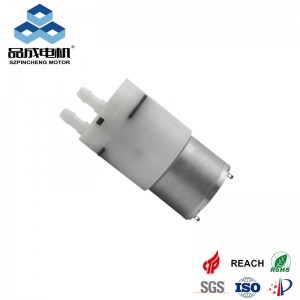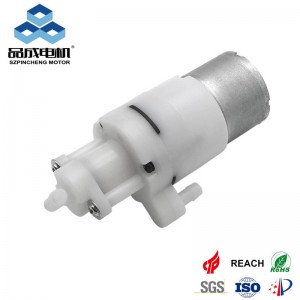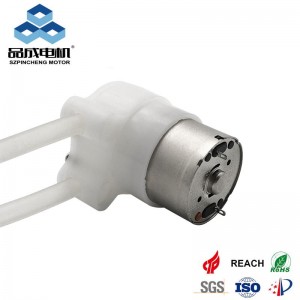The convergence of artificial intelligence and miniature diaphragm pump technology is creating a new generation of smart fluid handling solutions with unprecedented capabilities. This powerful combination - incorporating mini diaphragm water pumps, mini diaphragm air pumps, and mini diaphragm vacuum pumps - is transforming industries from precision medicine to environmental monitoring and industrial automation.
Intelligent Performance Optimization
-
Adaptive Flow Control Systems
-
Machine learning algorithms analyze usage patterns to optimize pump operation
-
Real-time adjustment of flow rates within ±0.5% accuracy
-
30-40% energy savings through dynamic power management
-
Predictive Maintenance Networks
-
Vibration and sound analysis for early fault detection
-
Performance degradation tracking with 90%+ prediction accuracy
-
Automated service alerts reducing downtime by up to 60%
-
Self-Calibrating Mechanisms
-
Continuous sensor feedback for automatic calibration
-
Compensation for wear and environmental changes
-
Consistent performance over extended service life
Smart System Integration
-
IoT-Enabled Pump Arrays
-
Distributed intelligence across pump networks
-
Collaborative operation for complex fluid handling tasks
-
Cloud-based performance analytics
-
Edge Computing Capabilities
-
On-board processing for real-time decision making
-
Reduced latency for critical applications
-
Local data processing for enhanced security
-
Autonomous Operation Features
-
Self-diagnosing systems with failure recovery protocols
-
Automated adjustment to changing system demands
-
Learning algorithms that improve with operation time
Industry-Specific Applications
Healthcare Innovations
-
AI-driven drug delivery pumps with patient-specific dosing
-
Smart dialysis machines adapting to real-time blood analysis
-
Surgical suction systems with automatic pressure adjustment
Environmental Monitoring
-
Intelligent air sampling pumps that track pollution patterns
-
Self-optimizing water quality monitoring networks
-
Predictive maintenance for remote field equipment
Industrial 4.0 Solutions
-
Smart lubrication systems with consumption optimization
-
AI-controlled chemical dosing in manufacturing
-
Adaptive coolant systems for machining processes
Technical Advancements Enabling AI Integration
-
Next-Generation Sensor Packages
-
Multi-parameter monitoring (pressure, temperature, vibration)
-
Embedded micro-electromechanical systems (MEMS)
-
Nanoscale sensing capabilities
-
Advanced Control Architectures
-
Neural network-based control algorithms
-
Reinforcement learning for system optimization
-
Digital twin technology for virtual testing
-
Energy-Efficient Processing
-
Ultra-low-power AI chips for embedded systems
-
Energy harvesting compatible designs
-
Sleep/wake optimization algorithms
Performance Comparison: Traditional vs AI-Enhanced Pumps
| Parameter | Conventional Pump | AI-Enhanced Pump | Improvement |
|---|---|---|---|
| Energy Efficiency | 65% | 89% | +37% |
| Maintenance Interval | 3,000 hrs | 8,000 hrs | +167% |
| Flow Consistency | ±5% | ±0.8% | +525% |
| Fault Prediction | None | 92% accuracy | N/A |
| Adaptive Response | Manual | Automatic | Infinite |
Implementation Challenges and Solutions
-
Data Security Concerns
-
Encrypted communication protocols
-
On-device processing options
-
Blockchain-based verification systems
-
Power Management
-
Low-power AI processor designs
-
Energy-aware algorithm optimization
-
Hybrid power solutions
-
System Complexity
-
Modular AI implementation
-
Gradual intelligence upgrades
-
User-friendly interfaces
Future Development Pathways
-
Cognitive Pump Systems
-
Natural language processing for voice control
-
Visual recognition for fluid monitoring
-
Advanced diagnostic capabilities
-
Swarm Intelligence Networks
-
Distributed pump arrays with collective learning
-
Emergent optimization behaviors
-
Self-organizing fluid handling systems
-
Quantum Computing Integration
-
Ultra-complex flow optimization
-
Molecular-level fluid analysis
-
Instantaneous system modeling
Industry Impact and Market Projections
The AI-enhanced miniature diaphragm pump market is projected to grow at 28.7% CAGR through 2030, driven by:
-
45% increase in demand for smart medical devices
-
60% growth in industrial IoT applications
-
35% expansion in environmental monitoring needs
Leading manufacturers are investing heavily in:
-
AI-specific pump architectures
-
Machine learning training datasets
-
Cloud connectivity infrastructure
-
Cybersecurity solutions
The integration of artificial intelligence with miniature diaphragm pump technology represents a transformative leap in fluid handling capabilities. These smart systems offer unprecedented levels of efficiency, reliability, and adaptability, opening new possibilities across multiple industries.
For engineers and system designers, the key considerations when implementing AI-enhanced pumps include:
-
Data infrastructure requirements
-
Power management strategies
-
System integration complexity
-
Long-term learning potential
As the technology continues to evolve, we anticipate even more sophisticated applications emerging, from fully autonomous fluid handling networks to predictive systems that anticipate needs before they arise. The combination of precise mechanical engineering with advanced artificial intelligence is creating a new paradigm in pump technology - one that promises to redefine what's possible in fluid control systems.
you like also all
Post time: Mar-26-2025




